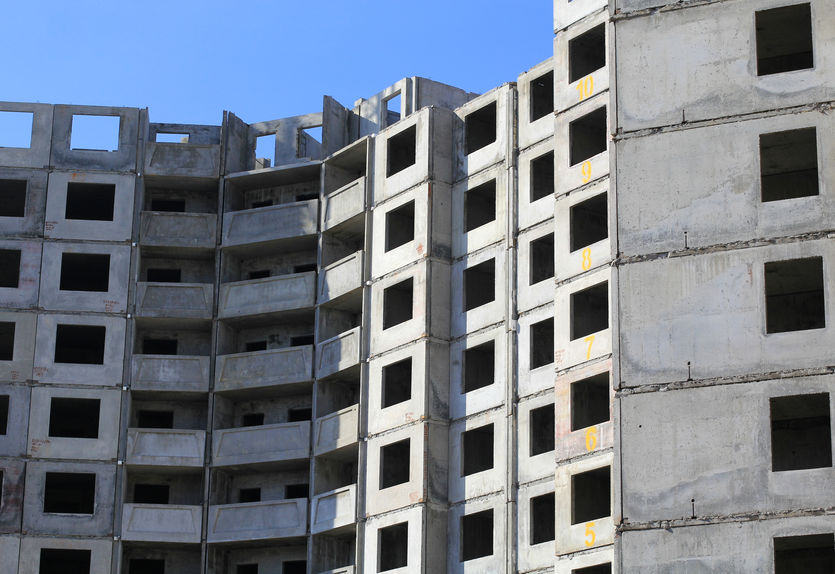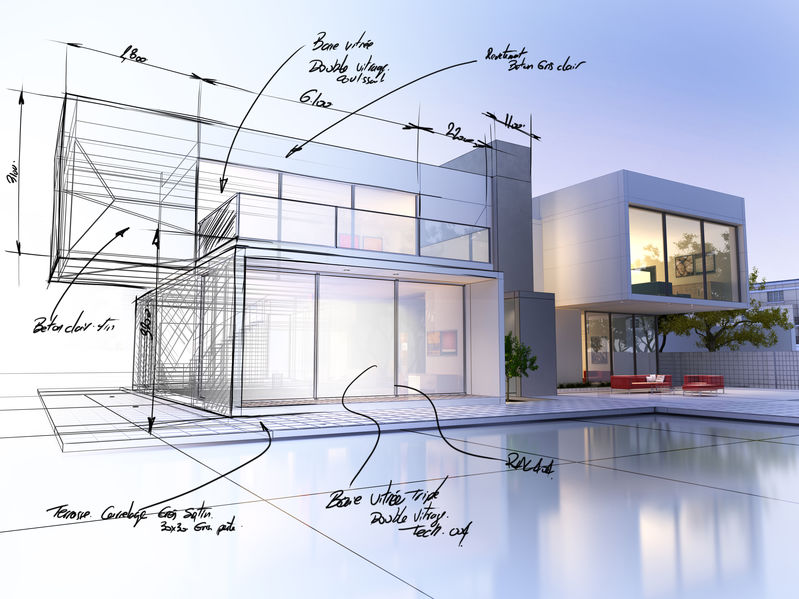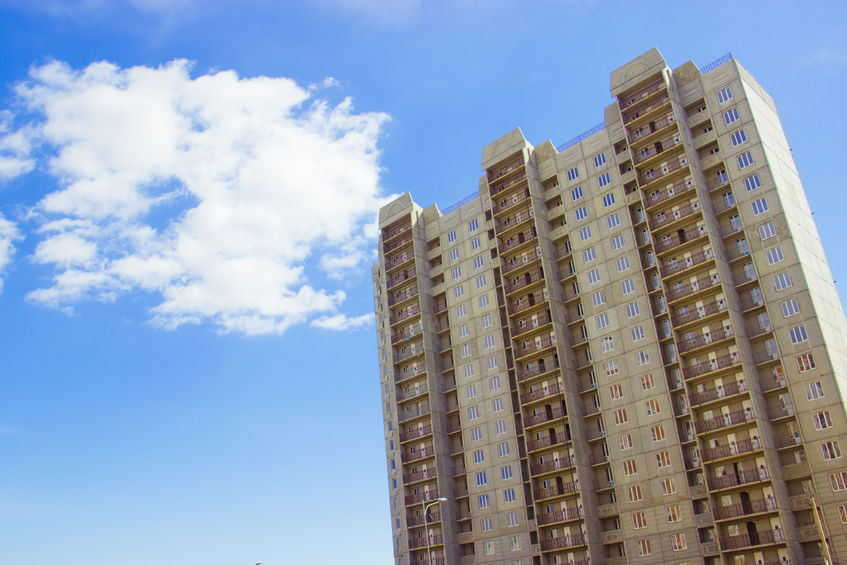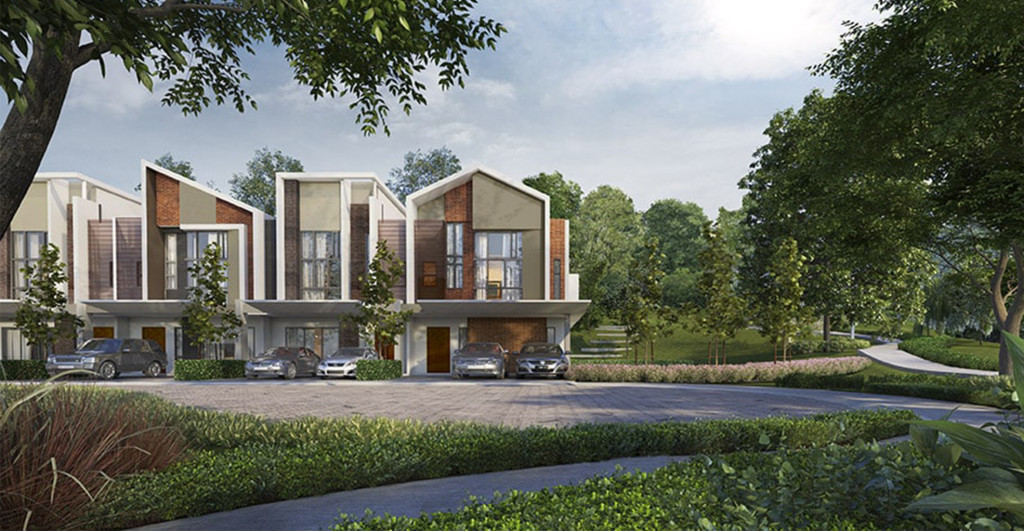The Industrialised Building System (IBS) is a system whereby components of a building are pre-constructed in a separate factory before being assembled at the construction site.
This is in contrast with traditional construction, where every component is built directly on-site from the ground up.
The Industrialised Building System (IBS) can prove more efficient for developers and may be the key to more affordable homes. With insufficient demand however, IBS hasn’t seen the desired uptake expected from policymakers.
Recent results from the Malaysia Consumer Sentiment Study H1 2020 however, may be a hint that Malaysians are finally embracing the concept of IBS properties.
According to the report, nearly 2 in 3 Malaysians are interested in buying an IBS-built property.
Furthermore, 63% of respondents in the study were cited to be aware of what is IBS, while 86% are willing to consider purchasing a property constructed using IBS technology.
Lower income groups more keen on IBS properties
Respondents of all age groups showed almost equal consideration for IBS properties, between 83 – 87% of all age groups claiming their consideration for IBS properties.
When categorized by low income, middle income and high income however, 91% of respondents in the low income group were more likely to consider an IBS property.
In comparison, only 87% of respondents in the middle income segment were likely to consider IBS properties, while that figure lies even lower at 84% for those in the high income segment.
In the long run, IBS may be the key to affordable housing
One reason low income earners may be more supportive towards IBS properties are its long-term cost-saving tendencies.
Despite significant initial investment barriers, the costs of IBS can be reduced over a longer term through economies of scale to help support affordable housing.
Construction grounds are also significantly neater, meaning cleaner roads for citizens throughout the construction period. On a larger scale, the industrialised building system allows for lean construction where costs, time, labor and materials can be used more efficiently.
To put this into perspective, Gamuda – a pioneer in IBS properties has successfully chipped away an entire year off the construction timeline from the Rumah Selangorku Jade Hills development in Kajang, which was built using IBS.
Aside from the opportunity for more affordable homes, a swifter construction process also translates to quicker vacant possession.
Creativity isn’t compromised
Lego bricks are often used as a common metaphor for describing the IBS procedure.
While components such as entire toilet pods can be prefabricated and assembled on-site, the metaphor often brings to mind boring, boxy and repetitive designs.
On the contrary, developers are able to apply IBS technologies to any type of property – from bungalows to shopping malls.
This may be the reason why 84% of high income earners in the report are interested in buying an IBS-built property. While IBS may open up opportunities for more affordable housing, it can also be used to construct luxury properties of varying creative designs.
Better quality and flexibility in line with consumer needs
One aspect remains the same for all IBS properties, whether it be affordable apartments or luxury villas – a better overall structure.
Thanks to digital design technologies, prefabricated building components are able to better fit into the home.
This makes IBS properties more structurally strong with better resistance to leakages, mildew, fire and rot. Free of design clashes, piping and plumbing line up well and make for a more durable and watertight home.
IBS homes also tend to have less columns due to the nature of its assembly. This bodes well for developers, as the Malaysia Consumer Sentiment Study H1 2020 also records rising demand for flexible interiors.
37% of respondents stated that homes with a flexible layout are among the features they look for in their next home.
Overall, IBS properties not only result in a more structurally sound home where consistency and uniformity in the quality of each unit is guaranteed, but also one that caters to the lifestyle needs of the modern homeowner.
Spearheading the IBS scene
Despite slow uptake in Malaysia, developers such as Gamuda Land are no stranger to IBS.
Pioneers of the country’s first digital IBS facility in Sepang, Gamuda IBS strongly leverages on digital design systems which allow for design clashes to be resolved even before construction.
As a result, properties built with such technology boast enhanced quality, high precision and shorter construction periods among other benefits.
With an additional facility in Banting just launched last year, the company is set to produce a total of 10,000 IBS property units annually.
Joya @ Gamuda Gardens is a fine example of how digital IBS can be applied to luxurious landed homes, not just copy and paste high-rises.
Joya features double-storey superlink terrace houses located in Gamuda Gardens – an ambitious nature-centric township in Sungai Buloh which will feature a 50-acre park, mixed terrain cycling trail, and waterfront village.
Incentives
In March last year, Minister Zuraida Kamaruddin stated that the Ministry of Housing and Local Government’s adoption of IBS stood at 30 – 40%, with the end goal for all affordable homes to be built using IBS by 2024.
To spur IBS adoption and help to realise this goal, four major tax incentives have been introduced for IBS businesses.
1. Income tax exemption
Income tax exemption ranging from 70% for 5 years to 100% for 10 years.
2. Investment tax allowance
60% or 100% tax allowance on capital expenditure for 5 years
3. Reinvestment allowance
60% allowance on qualifying capital expenditure for exemption for 15 consecutive years.
4. Import duty exemption
Exemption of import duty for raw materials/components, machinery and equipment.
Conditions to be eligible for such incentives include compulsory IBS certification by CIDB within 2 years after production commencement and usage of local raw materials.
The government has also deemed it compulsory for private sector housing projects valued more than RM50 million to adopt IBS with a minimum of 50 IBS Score through KPKTs’ affordable housing programme such as the People’s Housing Programme (PPR) and Rent-To-Own (RTO) scheme.
Does this sound like something that’ll kick off the future of homes in Malaysia? Then you would be interested in Malaysians are looking at these hotspots when wanting to buy in the future too!
Keep Track of New Launches
Visit our new launches page to find the new launch project of your dreams and submit an enquiry today.

Disclaimer: The information is provided for general information only. PropertyGuru International (Malaysia) Sdn Bhd makes no representations or warranties in relation to the information, including but not limited to any representation or warranty as to the fitness for any particular purpose of the information to the fullest extent permitted by law. While every effort has been made to ensure that the information provided in this article is accurate, reliable, and complete as of the time of writing, the information provided in this article should not be relied upon to make any financial, investment, real estate or legal decisions. Additionally, the information should not substitute advice from a trained professional who can take into account your personal facts and circumstances, and we accept no liability if you use the information to form decisions.






